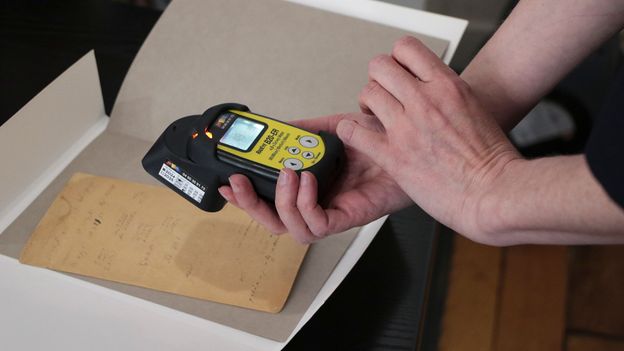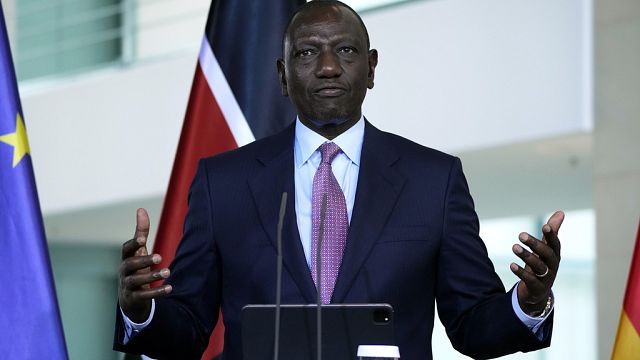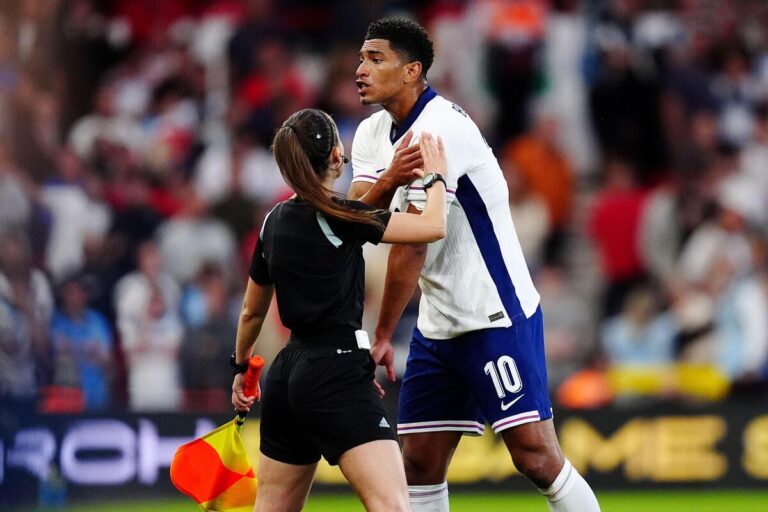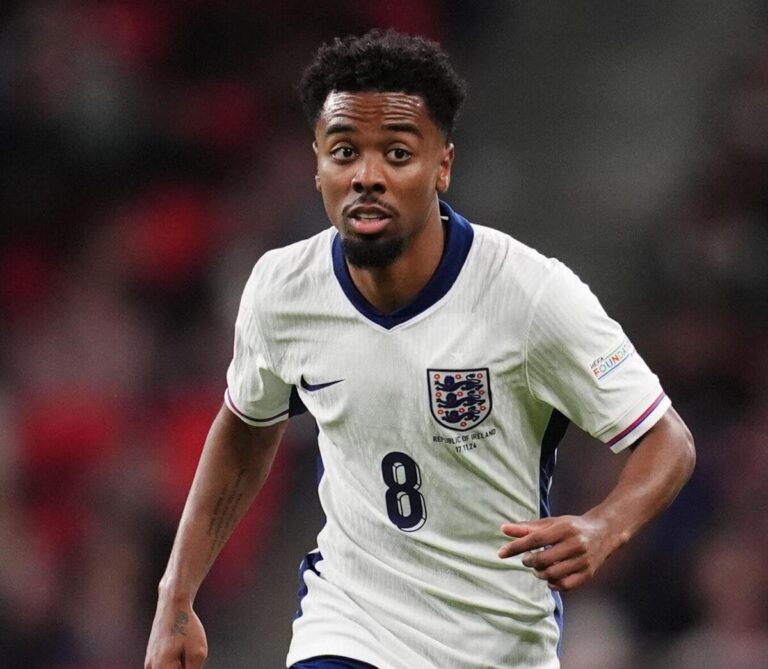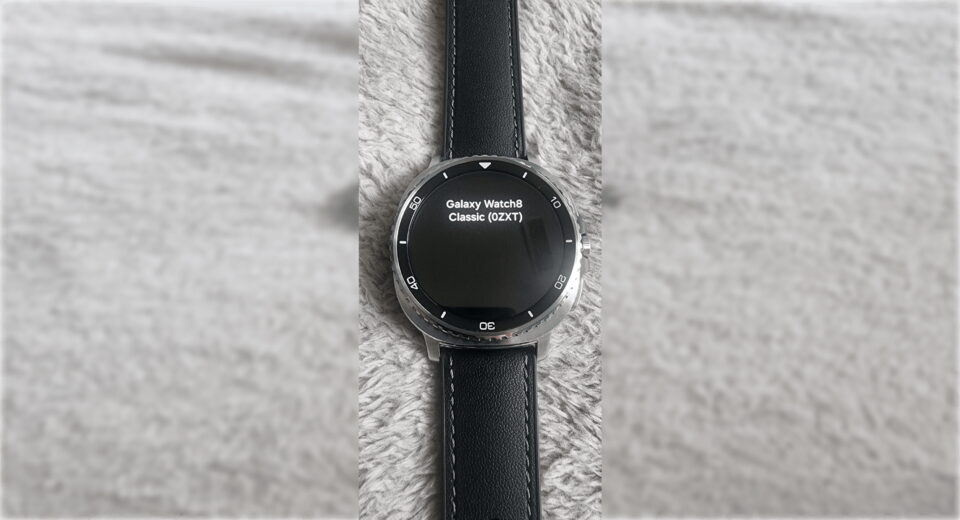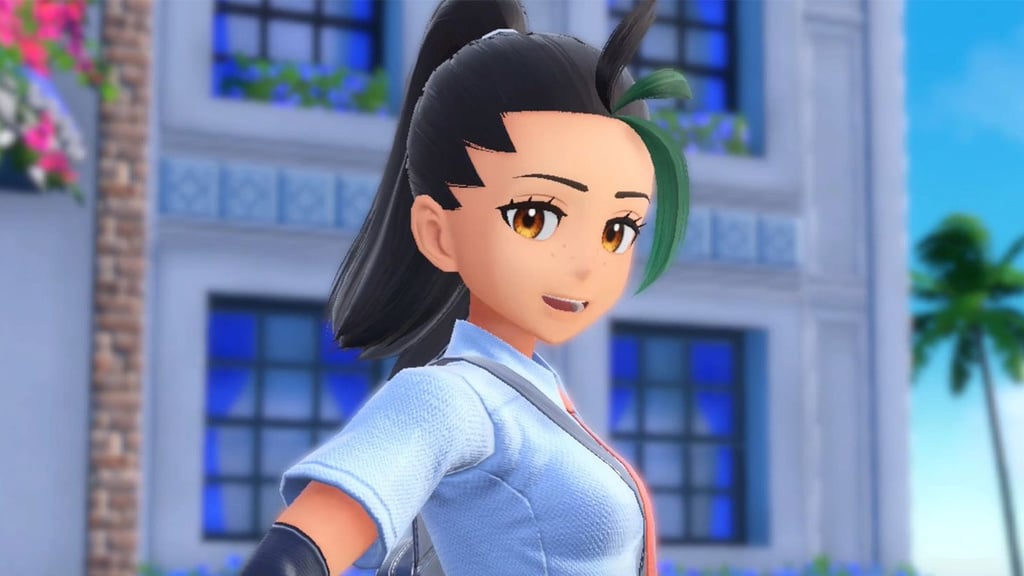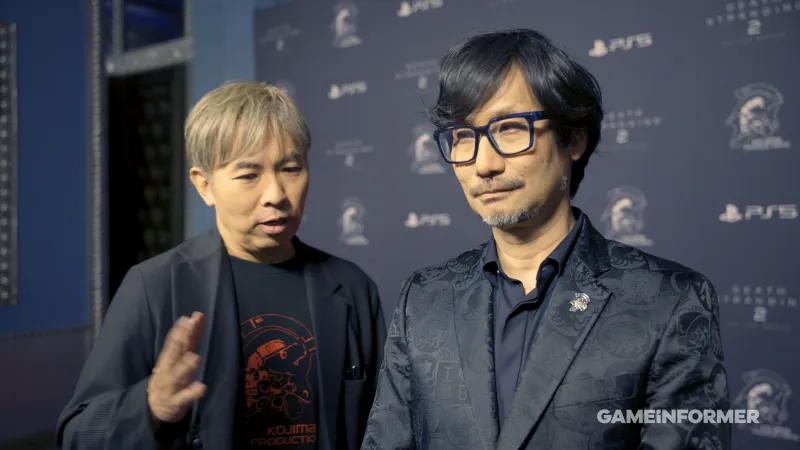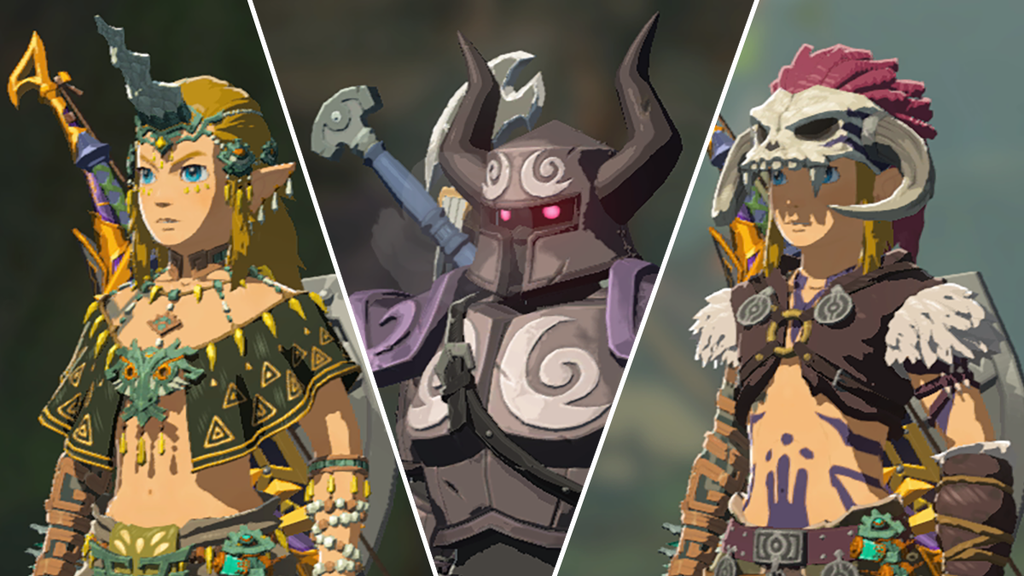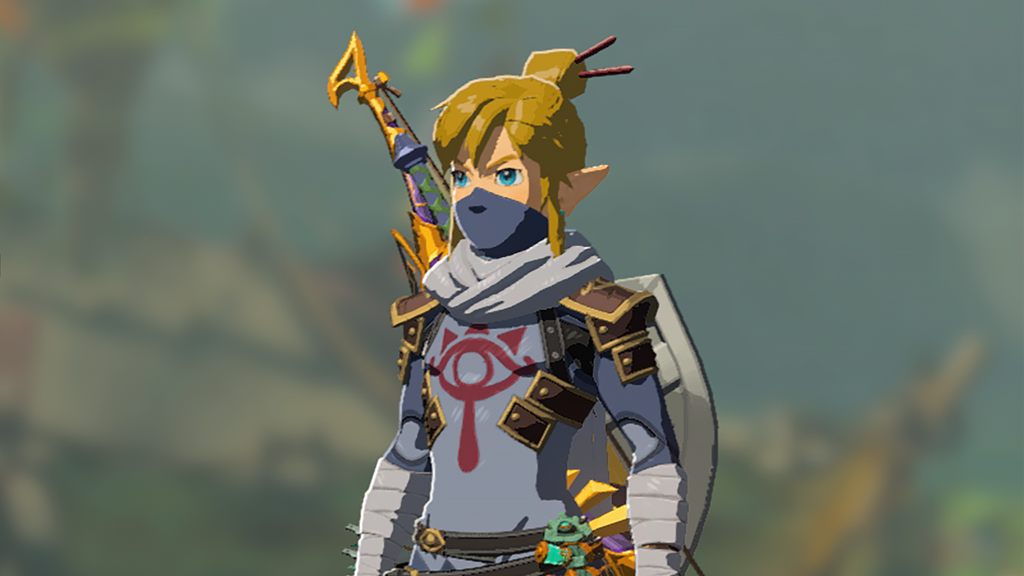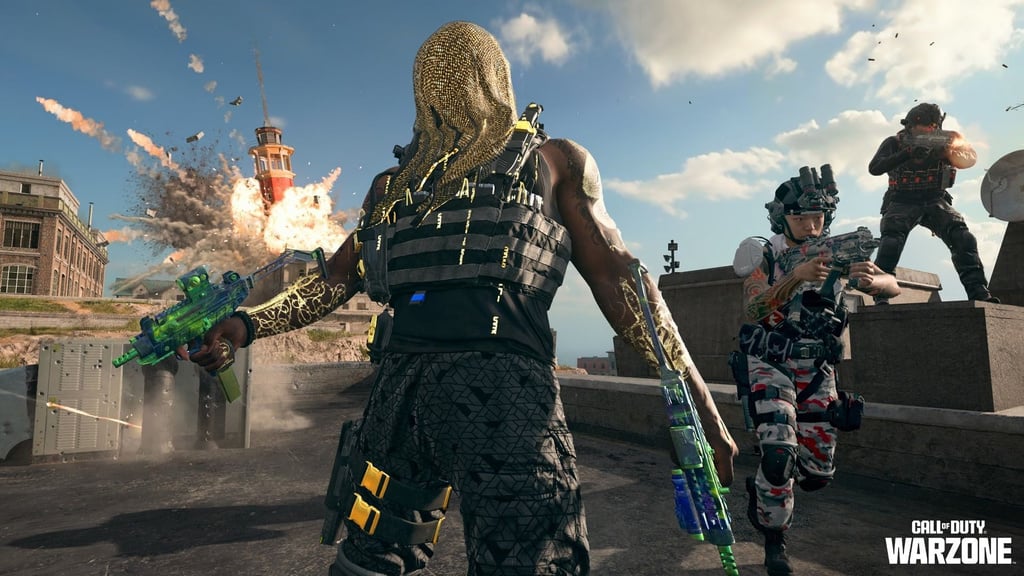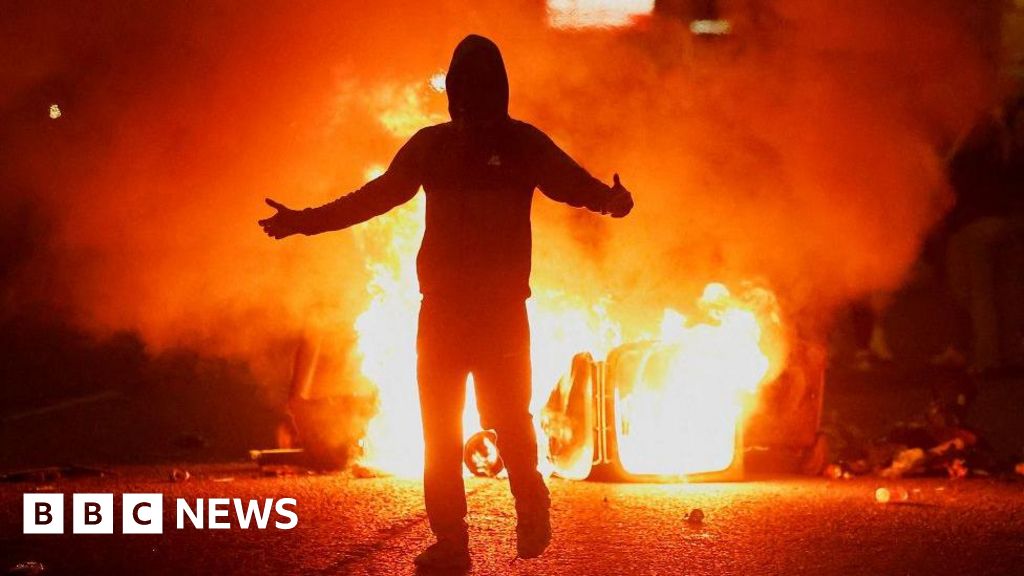School shooting leaves Austria's second city in shock and grief
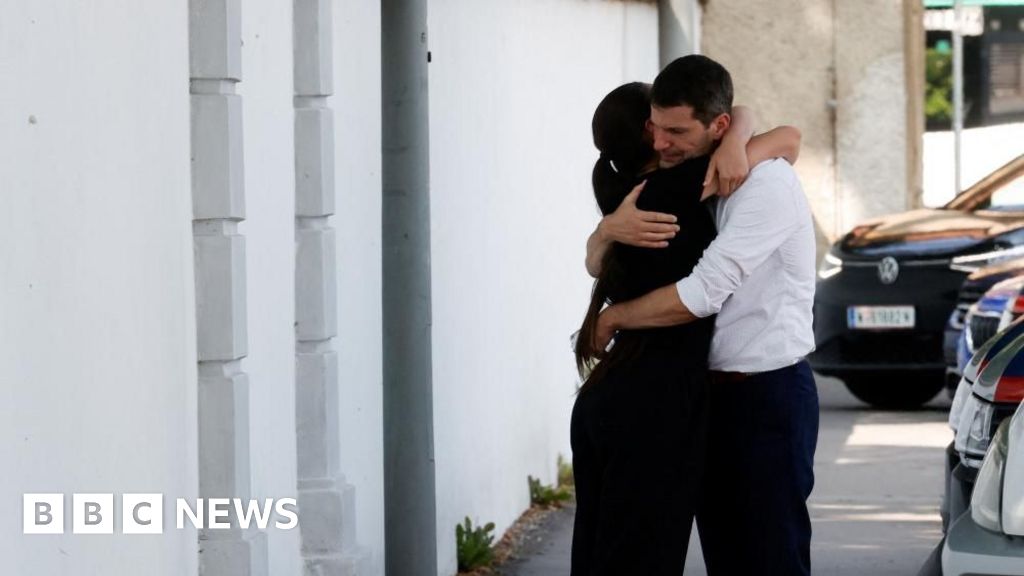
School shooting leaves Austria's second city in shock and grief
Bethany BellBBC News in Graz
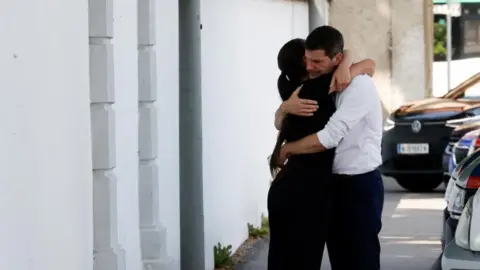 Reuters
ReutersThere is shock, sadness and disbelief in Graz, after the worst shooting in modern Austrian history left 11 people dead, including the gunman.
"We never could have imagined that this could have happened here, in our place. It's a sad day for the whole city," said Reka, who lives close to the school.
For many years, Austria had been spared the pain of mass school shootings.
But that all changed at about 10:00 on Tuesday when a former student ran amok at a secondary school in the Dreierschützengasse, close to the main station in Austria's second largest city.
Morning classes were under way when the attack took place. Some students at the school would have been taking their final exams.
It took police 17 minutes to bring the situation under control.
By the time it was over six female victims and three males had died. Hours later, a seventh female victim, an adult woman, died in hospital. Several others remain in hospital, some with critical injuries.
The gunman, a 21-year-old Austrian citizen with two firearms, took his own life at the school.
A former pupil who never passed his final exams, he is reported to have seen himself as a victim of bullying.
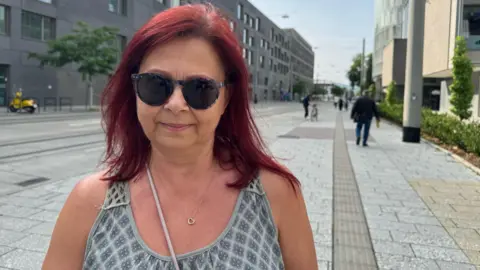
Local resident Reka told me she couldn't understand how an attack like this could have happened in her well-ordered city.
"This area is quiet, safe and beautiful," she said. "People are nice, the school is good."
Austria's President Alexander Van der Bellen said: "This horror cannot be put into words. What happened today in a school in Graz, hits our country right in the heart. These were young people who had their whole lives ahead of them. A teacher who accompanied them on their way."
He said there was "nothing at this moment that can alleviate the pain that the parents, grandparents, siblings and friends of those murdered are feeling".

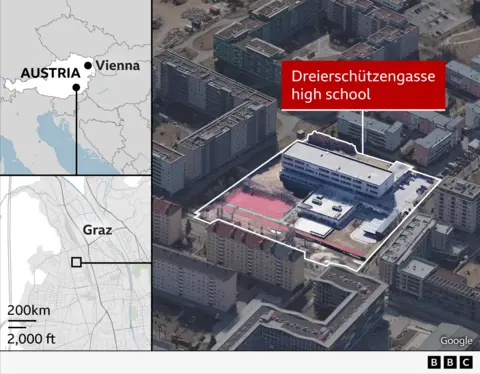
Austria's Chancellor Christian Stocker, who rushed to the scene with the Interior Minister Gerhard Karner, called it "a national tragedy, that had shaken the entire country." He said there were no words to describe "the pain and grief that we all – the whole of Austria – is feeling".
Three days of mourning have been declared in Austria. Flags on the Hofburg Palace in Vienna, where President van der Bellen has his office, will fly at half-mast.
Austria has one of the most heavily armed civilian populations in Europe, with an estimated 30 firearms per 100 persons, according to the Small Arms Survey, an independent research project.
But school shootings here are rare. There have been a few incidents over the years that have involved far fewer casualties:
- In 2018 a 19-year-old was shot by another youth in Mistelbach, north of Vienna
- In 2012 in St Pölten, a pupil was shot dead by his father
- In 1997, in Zöbern, a 15-year-old killed a teacher and seriously injured another
- And in 1993 a 13-year-old boy in Hausleiten seriously injured the head teacher and then killed himself.
Austria's most violent gun attack in recent years took place in the heart of Vienna in November 2020. Four people were killed and 22 injured when a convicted jihadist ran through the centre of the city opening fire, before he was eventually shot by police.
Machine guns and pump action guns are banned, while revolvers, pistols and semi-automatic weapons are allowed only with official authorisation. Rifles and shotguns are permitted with a firearms licence or a valid hunting licence, or for members of traditional shooting clubs.
The Graz gunman is understood to have owned both firearms legally, and he had no criminal record. One of his guns was bought only the day before the attack, according to one report.
Outside the school, a young man on a bicycle watched as the police allowed security vehicles through the security cordon round the school.
"It's horrific," he told me. "This is my home. I can't understand how so many people my age are dead. This shouldn't happen here."
What's Your Reaction?
 Like
0
Like
0
 Dislike
0
Dislike
0
 Love
0
Love
0
 Funny
0
Funny
0
 Angry
0
Angry
0
 Sad
0
Sad
0
 Wow
0
Wow
0


